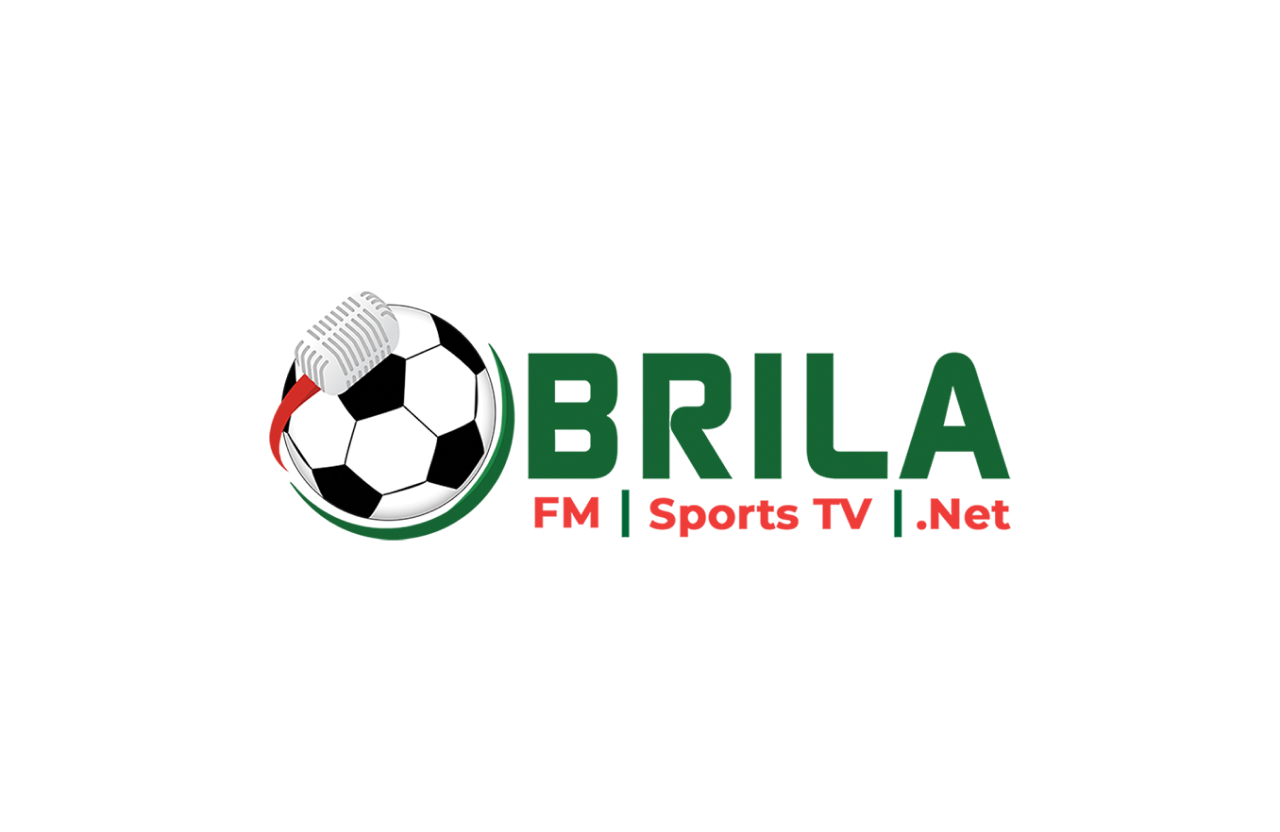Can you imagine Football stadiums or Sport Arenas in Lagos without fizzy drinks, Pure water or even Small chops in their familiar packages?
Not me though! And it’s not even my rebellious spirit kicking in, rather it’s the oddness of that scenario trying to play itself in my head as I think about it.i
Mind mapping it from the Agege Stadium, across Campos Square to the imperial Mobolaji Johnson Arena, and Eko Atlantic is giving a sore sight.

Hopeless thrill-seekers wondering if Elon Musk has given up on trying to get to us all to Mars, and somehow, we must now drink water from taps in edible or reusable cups – it’s wild right?
Well, the crux of the gist is that from January 2025, it’ll be a criminal offense for Citizens in Eko Akètè to get caught selling – or buying – with a styrofoam or Single-use Plastic product (SUPs).

Surely, vendors at Sports events will be among the worst hit when the latest policy announcement by the Lagos State Goverment hits full swing.
Without a doubt, a complete ban of SUPs will mostly affect provision of refreshments for fans at Parks, Sports event grounds or stadium.

A major Economic center, Lagos is a hub for sports including the Lagos City Marathon, NBBF Women’s Basketball League finals, and National Football League matches to mention a few.

Still largely reliant on the cost effective packaging of finger foods, water and fizzy drinks, manufacturers and vendors will be forced to now make drastic business and marketing decisions -and consumer behavior can be largely unpredictable in this case.
However, given the prevalent economic situation, should fans have to increase their budget for trips to NPFL games at the Mobolaji Johnson Arena, it might force many to adopt alternative measures.
Indeed, it could also adversely affect economic derivatives for the small scale businesses that play essential roles in the Matchday experience.

Although the LASG claims it understands the ramifications of its policy, and assures that efforts will be made to cushion the effects on businesses, it also insists that it will not mortgage the health of Citizens nor gamble with the future of planet Earth (Elon Musk chuckles).
According to the State’s Commissioner for Environment and Water Resources, Tokunbo Wahab, this law has come to stay.
“While the implementation of the ban on Styrofoam commenced on the 12th of February, 2024 upon the expiration of three weeks moratorium, the State announced a six months moratorium period for SUPs which was later magnanimously extended till end of the year 2024 upon Stakeholders appeal to give room for more consultation while the ban on SUPs be effective by January 2025.”
Regardless of the policy’s merits, we know there’s need for Citizens to be more responsible with their use and disposals of SUPs – Sports fans can lead the way like we’ve seen with Japan at major international competitions.
On their part, having preempted the challenges of the policy, Government should show progress in its collaboration with the relevant industries to provide durable, cost effective alternatives.

But realistically, one may ask if the State is sophisticated enough to fight on all these fronts?
This ban may force businesses to shutdown in extreme cases, invariably aggravate harsh economic conditions and cut off provisions of essentials to a large social demographic of its population.
So, how will this policy impact Sports business in the state? It is a question begging for answers.



